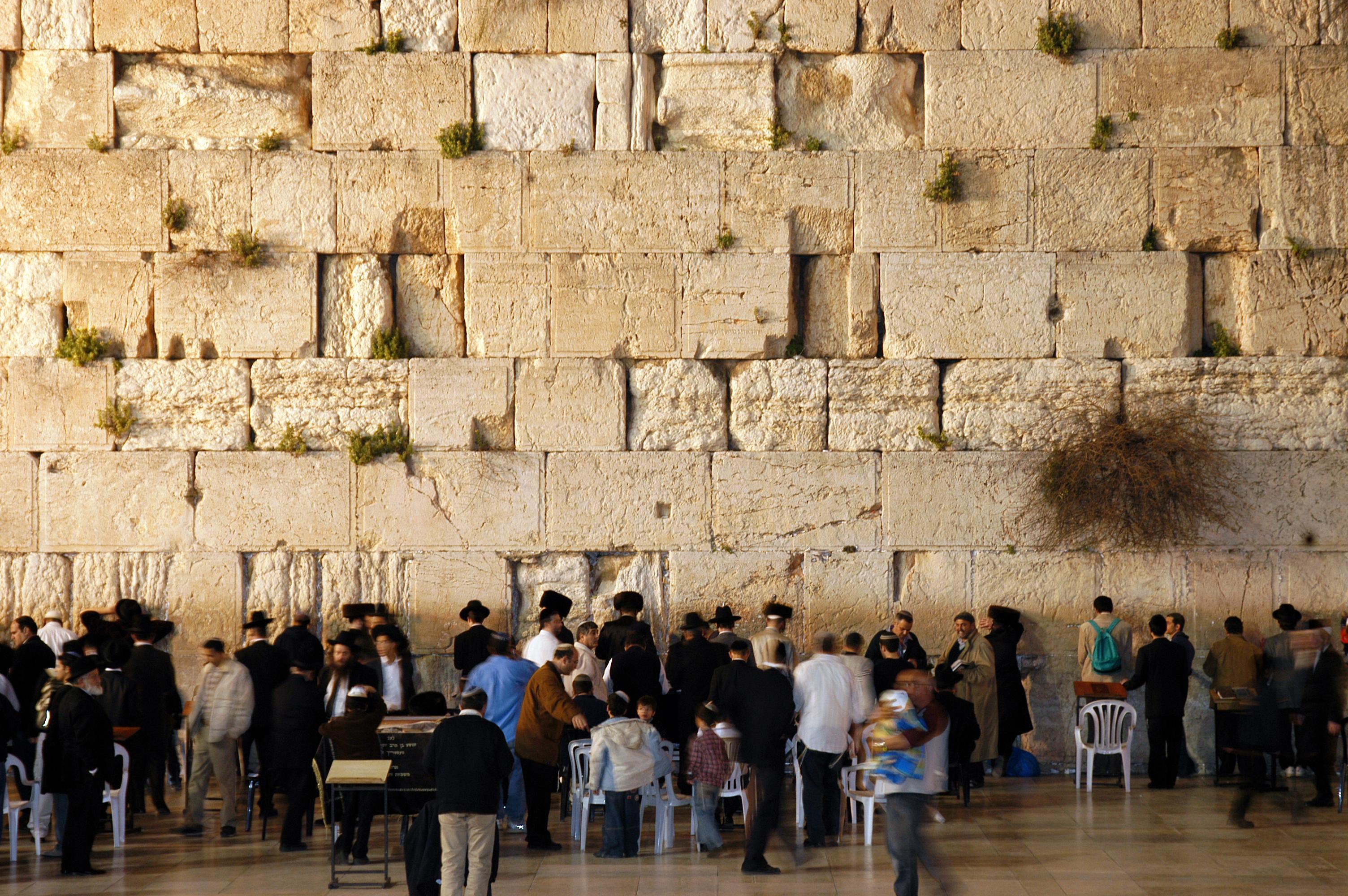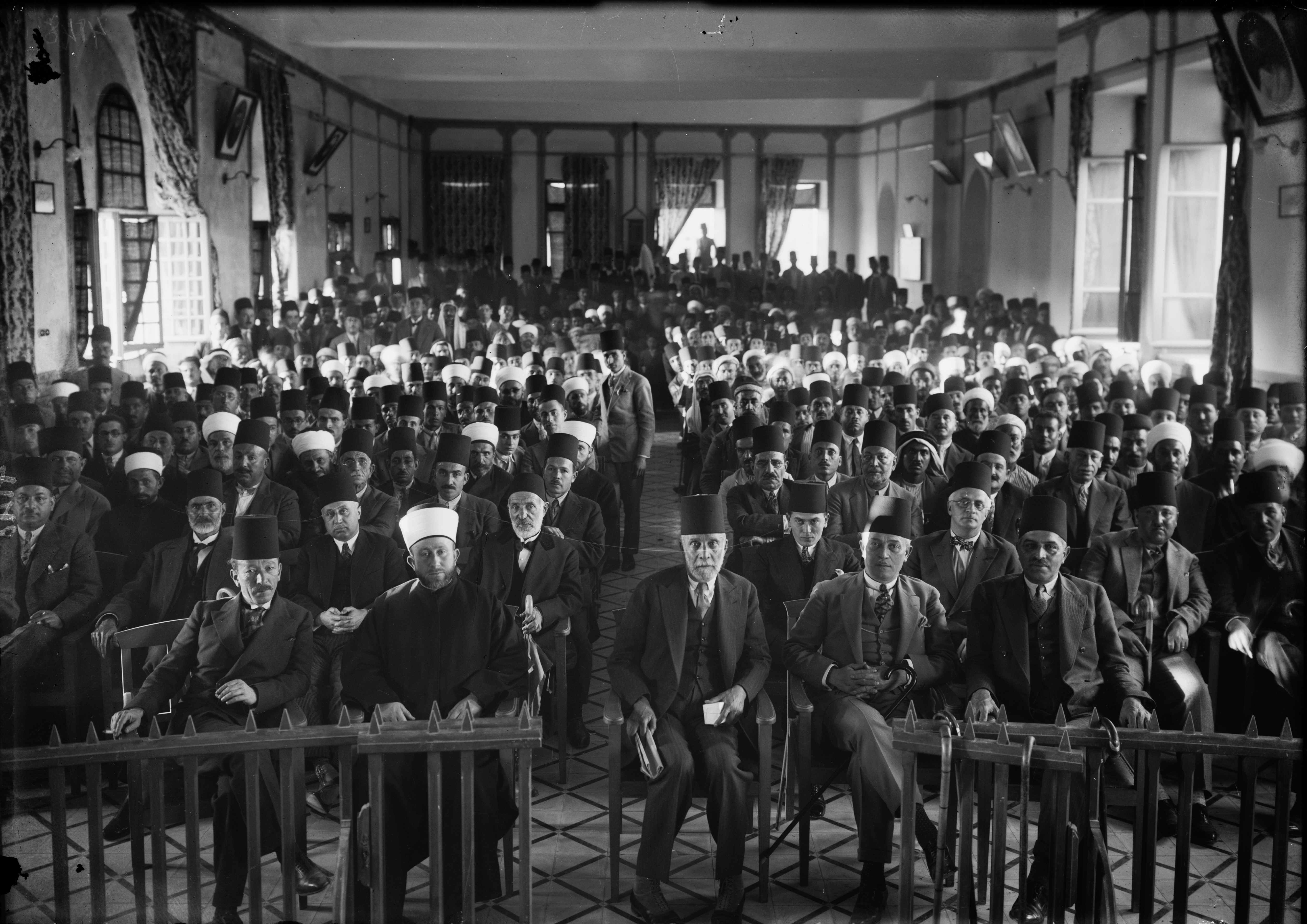|
Human Rights In Israel
International human rights organizations, along with the United Nations, and the United States Department of State, have reported human rights violations committed by the State of Israel, particularly against minority groups. These reports include violations of the rights of Palestinians, both inside and outside Israel as well as other groups in Israel. Israel is described in its Declaration of Independence as a "Jewish state" – the legal definition " Jewish and democratic state" was adopted in 1985. In addition to its Jewish majority in the area excluding the occupied Palestinian territories, Israel is home to religious and ethnic minorities, some of whom report discrimination. In the Palestinian territories, successive Israeli governments have been subject to international criticism from other countries as well as international and domestic human rights groups. One of the Basic Laws of Israel, intended to form the basis of a future constitution, Basic Law: Human Dignity ... [...More Info...] [...Related Items...] OR: [Wikipedia] [Google] [Baidu] |
Adalah (legal Center)
Adalah – The Legal Center for Arab Minority Rights in Israel (; ; '' ʿadāla'' meaning 'justice' in Arabic) is a human rights organization and legal center. Adalah's goals are "achieving individual and collective rights of the Arab-Palestinian minority in Israel" and protecting "the human rights of Palestinians living under occupation, based on international humanitarian law and international human rights law". The organization was founded in November 1996; it is non-partisan and not-for-profit. Adalah's founder and General Director is lawyer Hassan Jabareen. Mission and philosophy Adalah attempts to influence Israeli public discourse through media outreach and campaigning. Adalah regularly participates in Israeli and international academic conferences.Payes, Shany, 'Palestinian NGOs in Israel: The Politics of Civil Society'(2005), pg 124 Historian Ilan Pappe describes Adalah's philosophy as "that the personal autonomy of the individual was a right that had to be fierce ... [...More Info...] [...Related Items...] OR: [Wikipedia] [Google] [Baidu] |
Land Of Israel
The Land of Israel () is the traditional Jewish name for an area of the Southern Levant. Related biblical, religious and historical English terms include the Land of Canaan, the Promised Land, the Holy Land, and Palestine. The definitions of the limits of this territory vary between passages in the Hebrew Bible, with specific mentions in , , and . Nine times elsewhere in the Bible, the settled land is referred as " from Dan to Beersheba", and three times it is referred as "from the entrance of Hamath unto the brook of Egypt" (, and ). These biblical limits for the land differ from the borders of established historical Israelite and later Jewish kingdoms, including the United Kingdom of Israel, the two kingdoms of Israel (Samaria) and Judah, the Hasmonean kingdom, and the Herodian kingdom. At their heights, these realms ruled lands with similar but not identical boundaries. Jewish religious belief defines the land as where Jewish religious law prevailed and ex ... [...More Info...] [...Related Items...] OR: [Wikipedia] [Google] [Baidu] |
Mandatory Palestine
Mandatory Palestine was a British Empire, British geopolitical entity that existed between 1920 and 1948 in the Palestine (region), region of Palestine, and after 1922, under the terms of the League of Nations's Mandate for Palestine. After an Arab Revolt, Arab uprising against the Ottoman Empire during the First World War in 1916, British Empire, British Egyptian Expeditionary Force, forces drove Ottoman Empire, Ottoman forces out of the Levant. The United Kingdom had agreed in the McMahon–Hussein Correspondence that it would honour Arab independence in case of a revolt but, in the end, the United Kingdom and French Third Republic, France divided what had been Ottoman Syria under the Sykes–Picot Agreement—an act of betrayal in the eyes of the Arabs. Another issue was the Balfour Declaration of 1917, in which Britain promised its support for the establishment of a Homeland for the Jewish people, Jewish "national home" in Palestine. Mandatory Palestine was then establishe ... [...More Info...] [...Related Items...] OR: [Wikipedia] [Google] [Baidu] |
Balfour Declaration
The Balfour Declaration was a public statement issued by the British Government in 1917 during the First World War announcing its support for the establishment of a "national home for the Jewish people" in Palestine, then an Ottoman region with a small minority Jewish population. The declaration was contained in a letter dated 2November 1917 from Arthur Balfour, the British foreign secretary, to Lord Rothschild, a leader of the British Jewish community, for transmission to the Zionist Federation of Great Britain and Ireland. The text of the declaration was published in the press on 9November 1917. Following Britain's declaration of war on the Ottoman Empire in November 1914, it began to consider the future of Palestine. Within two months a memorandum was circulated to the War Cabinet by a Zionist member, Herbert Samuel, proposing the support of Zionist ambitions to enlist the support of Jews in the wider war. A committee was established in April 1915 by British p ... [...More Info...] [...Related Items...] OR: [Wikipedia] [Google] [Baidu] |
Declaration Of The Establishment Of The State Of Israel
The Israeli Declaration of Independence, formally the Declaration of the Establishment of the State of Israel (), was proclaimed on 14 May 1948 (5 Iyar 5708), at the end of the civil war phase and beginning of the international phase of the 1948 Palestine war, by David Ben-Gurion, the Executive Head of the World Zionist Organization and Chairman of the Jewish Agency for Palestine. It declared the establishment of a Jewish state in Palestine (or the Land of Israel in the Jewish tradition), to be known as the State of Israel, which would come into effect on termination of the British Mandate at midnight that day. The event is celebrated annually in Israel as Independence Day, a national holiday on 5 Iyar of every year according to the Hebrew calendar. Background The possibility of a Jewish homeland in Palestine had been a goal of Zionist organisations since the late 19th century. In 1917 British Foreign Secretary Arthur Balfour stated in a letter to British Jewi ... [...More Info...] [...Related Items...] OR: [Wikipedia] [Google] [Baidu] |
Minority Treaties
The Minority Treaties are treaties, League of Nations mandates, and unilateral declarations made by countries applying for membership in the League of Nations that conferred basic rights on all the inhabitants of the country without distinction of birth, nationality, language, race or religion. The country concerned had to acknowledge the clauses of the treaty as fundamental laws of state and as obligations of international concern placed under the guarantee of the League of Nations. Most of the treaties entered into force after the Paris Peace Conference. Background The protection of religious and minority rights had been a matter of international concern and the subject of protections ever since the days of the Peace of Westphalia. The 1878 Treaty of Berlin had a new type of provision that protected minorities in the Balkans and newly independent states' Great Power recognition was nominally conditional on the promise of guarantees of religious and civic freedoms for local re ... [...More Info...] [...Related Items...] OR: [Wikipedia] [Google] [Baidu] |
Princeton University Press
Princeton University Press is an independent publisher with close connections to Princeton University. Its mission is to disseminate scholarship within academia and society at large. The press was founded by Whitney Darrow, with the financial support of Charles Scribner, as a printing press to serve the Princeton community in 1905. Its distinctive building was constructed in 1911 on William Street in Princeton. Its first book was a new 1912 edition of John Witherspoon's ''Lectures on Moral Philosophy.'' History Princeton University Press was founded in 1905 by a recent Princeton graduate, Whitney Darrow, with financial support from another Princetonian, Charles Scribner II. Darrow and Scribner purchased the equipment and assumed the operations of two already existing local publishers, that of the ''Princeton Alumni Weekly'' and the Princeton Press. The new press printed both local newspapers, university documents, '' The Daily Princetonian'', and later added book publishing ... [...More Info...] [...Related Items...] OR: [Wikipedia] [Google] [Baidu] |
Great Power
A great power is a sovereign state that is recognized as having the ability and expertise to exert its influence on a global scale. Great powers characteristically possess military and economic strength, as well as diplomatic and soft power influence, which may cause middle or small powers to consider the great powers' opinions before taking actions of their own. International relations theorists have posited that great power status can be characterized into power capabilities, spatial aspects, and status dimensions. While some nations are widely considered to be great powers, there is considerable debate on the exact criteria of great power status. Historically, the status of great powers has been formally recognized in organizations such as the Congress of Vienna of 1814–1815Danilovic, Vesna. "When the Stakes Are High – Deterrence and Conflict among Major Powers", University of Michigan Press (2002), pp 27, 225–22(PDF chapter downloads) [...More Info...] [...Related Items...] OR: [Wikipedia] [Google] [Baidu] |
International Law
International law, also known as public international law and the law of nations, is the set of Rule of law, rules, norms, Customary law, legal customs and standards that State (polity), states and other actors feel an obligation to, and generally do, obey in their mutual relations. In international relations, actors are simply the individuals and collective entities, such as states, International organization, international organizations, and non-state groups, which can make behavioral choices, whether lawful or unlawful. Rules are formal, typically written expectations that outline required behavior, while norms are informal, often unwritten guidelines about appropriate behavior that are shaped by custom and social practice. It establishes norms for states across a broad range of domains, including war and diplomacy, Trade, economic relations, and human rights. International law differs from state-based List of national legal systems, domestic legal systems in that it operates ... [...More Info...] [...Related Items...] OR: [Wikipedia] [Google] [Baidu] |
Minority Group
The term "minority group" has different meanings, depending on the context. According to common usage, it can be defined simply as a group in society with the least number of individuals, or less than half of a population. Usually a minority group is disempowered relative to the majority, and that characteristic lends itself to different applications of the term minority. In terms of sociology, economics, and politics, a demographic that takes up the smallest fraction of the population is not necessarily labelled the "minority" if it wields dominant power. In the academic context, the terms "minority" and "majority" are used in terms of hierarchical power structures. For example, in South Africa, during Apartheid, white Europeans held virtually all social, economic, and political power over black Africans. For this reason, black Africans are the "minority group", despite the fact that they outnumber white Europeans in South Africa. This is why academics more frequently use ... [...More Info...] [...Related Items...] OR: [Wikipedia] [Google] [Baidu] |
League Of Nations
The League of Nations (LN or LoN; , SdN) was the first worldwide intergovernmental organisation whose principal mission was to maintain world peace. It was founded on 10 January 1920 by the Paris Peace Conference (1919–1920), Paris Peace Conference that ended the World War I, First World War. The main organisation ceased operations on 18 April 1946 when many of its components were relocated into the new United Nations (UN) which was created in the aftermath of the World War II, Second World War. As the template for modern global governance, the League profoundly shaped the modern world. The League's primary goals were stated in its Covenant of the League of Nations, eponymous Covenant. They included preventing wars through collective security and Arms control, disarmament and settling international disputes through negotiation and arbitration. Its other concerns included labour conditions, just treatment of native inhabitants, Human trafficking, human and Illegal drug tra ... [...More Info...] [...Related Items...] OR: [Wikipedia] [Google] [Baidu] |







